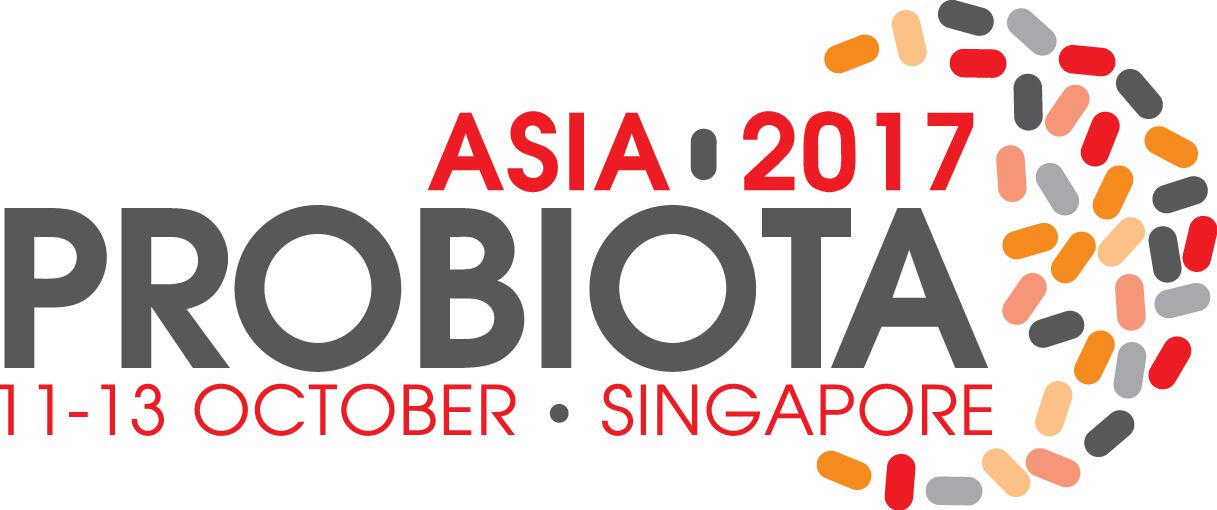Researchers from the University of Washington said alterations in the gut microbial composition of IBD patients, referred to as intestinal dysbiosis, trigger inflammation.
“Abundant evidence supports the integral role the intestinal microbiome plays in the pathogenesis of IBD,” they wrote.
Therefore, they wanted to explore how harnessing the microbiome through a range of interventions, including pre- and probiotics, may aid treatment.
They pointed out that a group of newly diagnosed Crohn’s disease patients recently showed differences in their microbiota make-up, compared with healthy subjects.
Patients were found to have an increase in the gut bacteria of Enterobacteriaceae, Pasteurellaceae, Veillonellaceae and Fusobacteriaceae, as well as a decreased abundance of Bacteroidales and Clostridia.
“While there are somewhat disparate results, common themes among studies support the finding of a generalised reduction in biodiversity (alpha diversity) as well as decreased representation of several specific taxa, including Firmicutes and Bacteroidetes, among individuals with IBD,” they added.
Limited utility
In terms of probiotics, the researchers said there was currently insufficient evidence of their efficacy for Crohn’s disease, but that “there may be some role for the use of specific probiotics in the management of mild to moderate active ulcerative colitis.”
They added: “While data exist to support the limited utility of certain probiotics in the treatment of IBD, further studies are required to delineate (their) anti-inflammatory mechanism.”
They also noted that few studies had examined the beneficial clinical effects of prebiotics in active IBD cases.
One study did evaluate the changes in disease activity after the administration of fructo-oligosaccharides, but no significant clinical improvements were seen, nor were there significant changes to the faecal microbiome between the groups at baseline or after the four-week intervention.
However, supplementation with soluble fibre has been shown to reduce intestinal inflammation in animal models by increasing the production of short chain fatty acids.
“In humans, dietary fibre may reduce the risk of flare in patients with Crohn's disease, although additional studies are required to recommend fibre supplementation as an anti-inflammatory therapy,” they added.
The researchers concluded that they were optimistic that technological advances would further assess the relationship between the microbiome and IBD.
“Fortunately, with evolving experimental technologies to assist in the functional characterisation of the microbiome, there is promise to move beyond defining the phenotypic footprint of the microbiome in IBD to identify how the microbiome contributes to: 1) the onset and propagation of disease, and potentially more significantly, 2) how we may manipulate the microbiome as a future treatment of IBD.”
Source: Journal of Inflammation Research
http://dx.doi.org/10.2147/jir.s116088
“The microbiota in inflammatory bowel disease: current and therapeutic insights”
Authors: Erin R Lane, Timothy L Zisman, David L Suskind
Probiota Asia 2017

The Probiota series is growing, and in October 2017, Singapore will host the first ever Probiota Asia event. Building on the success of the annual global Probiota and Probiota Americas events, Probiota Asia will focus exclusively on this high growth market and the challenges it faces.
Save the date: 11 — 13 October 2017

